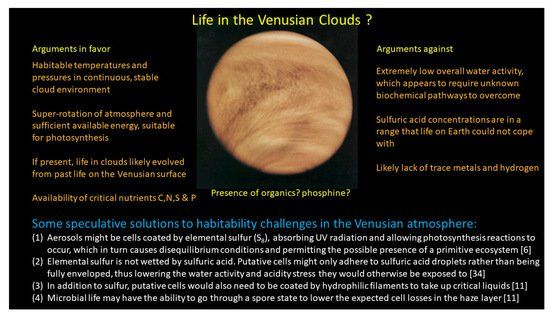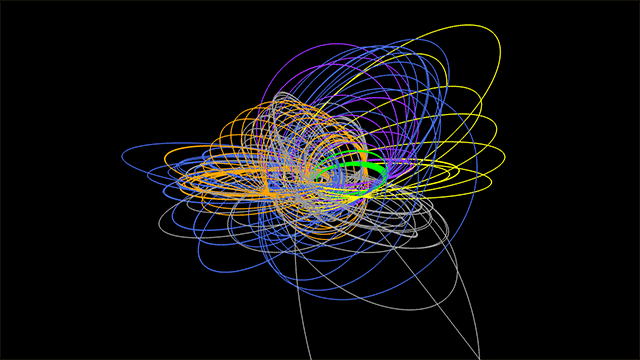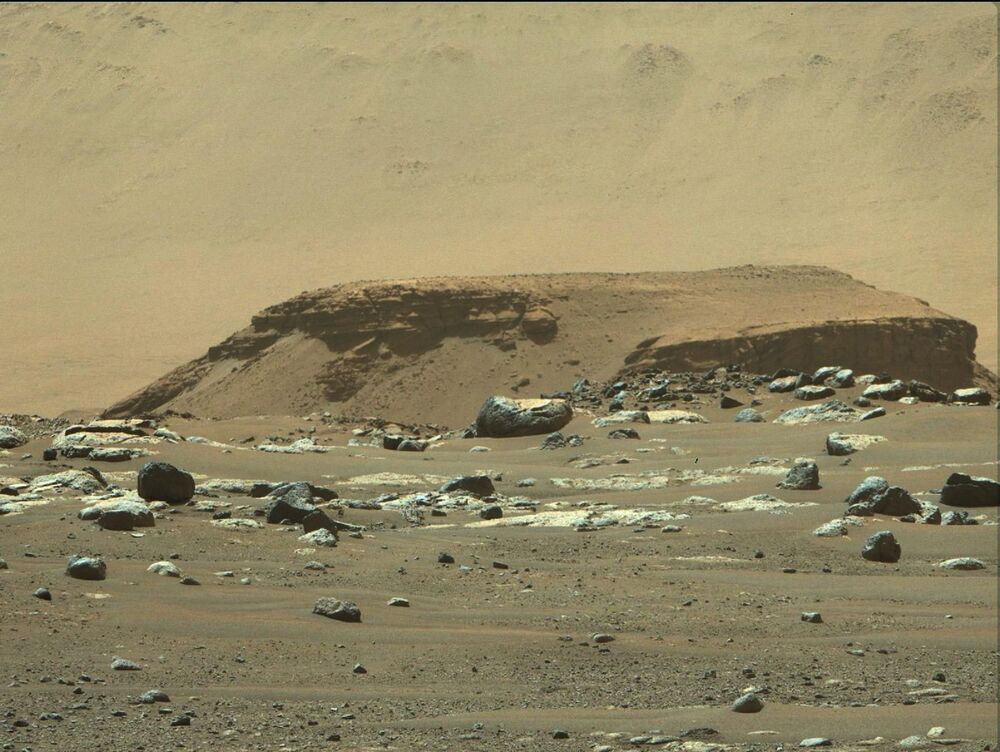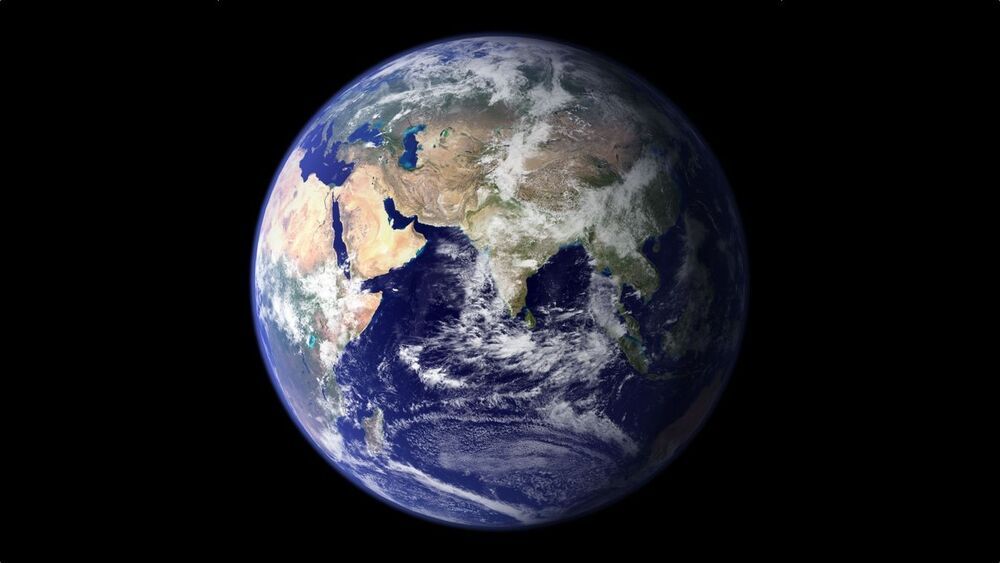The lives of infomorphs (or ‘cyberhumans’) who have no permanent bodies but possess near-perfect information-handling abilities, will be dramatically different from ours. Infomorphs will achieve the ultimate morphological freedom. Any infomorph will be able to have multiple cybernetic bodies which can be assembled and dissembled at will by nanobots in the physical world if deemed necessary, otherwise most time will be spent in the multitude of virtual bodies in virtual enviro… See More.
“I am not a thing — a noun. I seem to be a verb, an evolutionary process — an integral function of the Universe.” — Buckminster Fuller
The term ‘Infomorph’ was first introduced in “The Silicon Man” by Charles Platt in 1991 and later popularized by Alexander Chislenko in his paper “Networking in the Mind Age”: “The growing reliance of system connections on functional, rather than physical, proximity of their elements will dramatically transform the notions of personhood and identity and create a new community of distributed ‘infomorphs’ — advanced informational entities — that will bring the ongoing process of liberation of functional structures from material dependence to its logical conclusions. The infomorph society will be built on new organizational principles and will represent a blend of a superliquid economy, cyberspace anarchy and advanced consciousness.”
The new post-Singularity system will inherit many of today’s structures but at the same time will develop new traits beyond our current human comprehension. The ability of future machines and posthumans alike to instantly transfer knowledge and directly share experiences with each other will lead to evolution of intelligence from the hive ontology of individual biological minds to the global hyperconnected society of digital minds.







